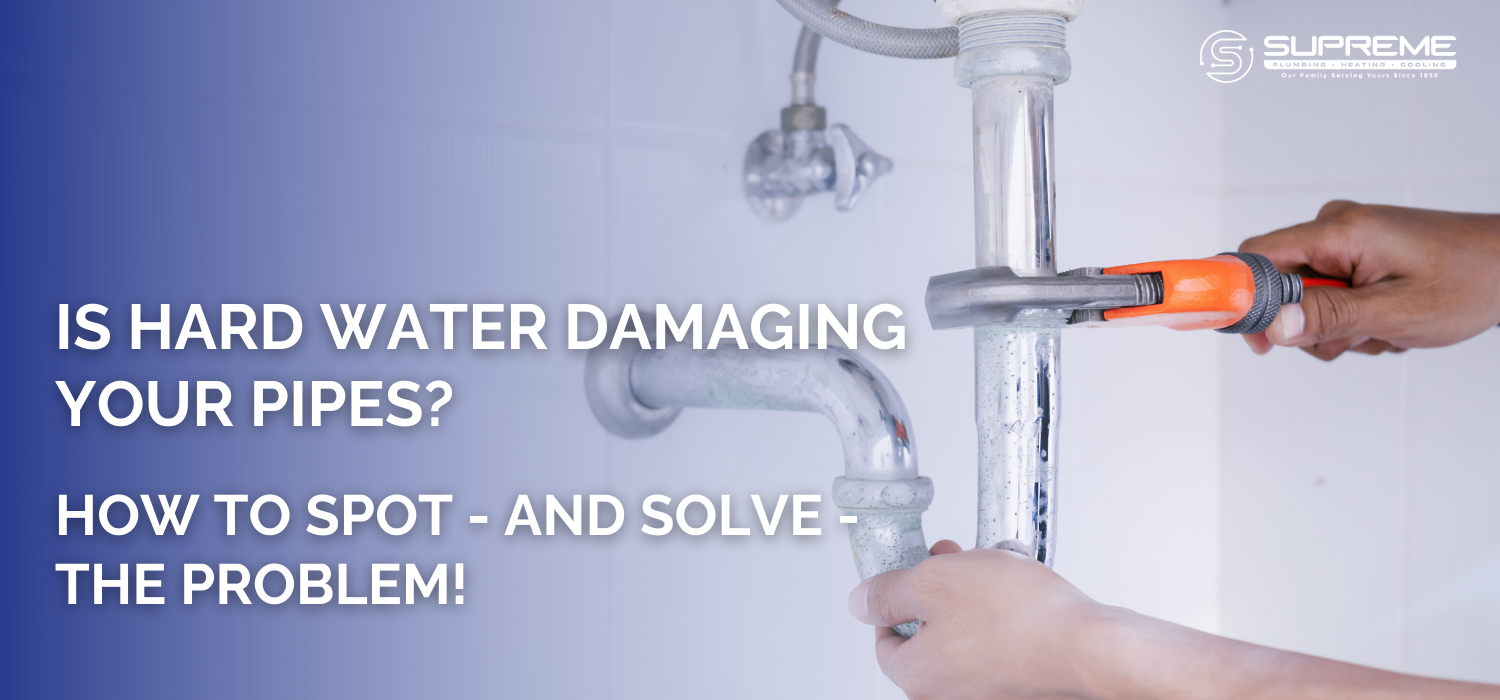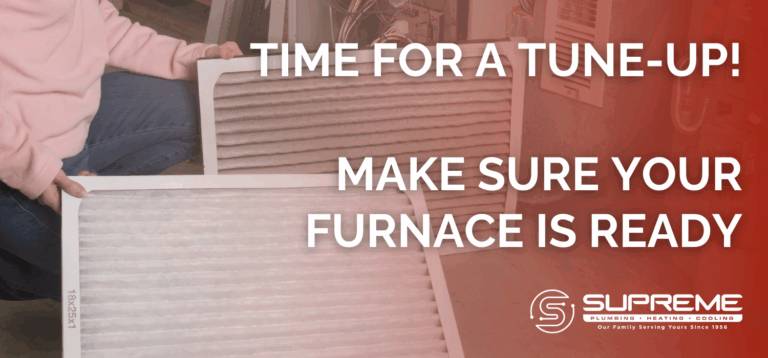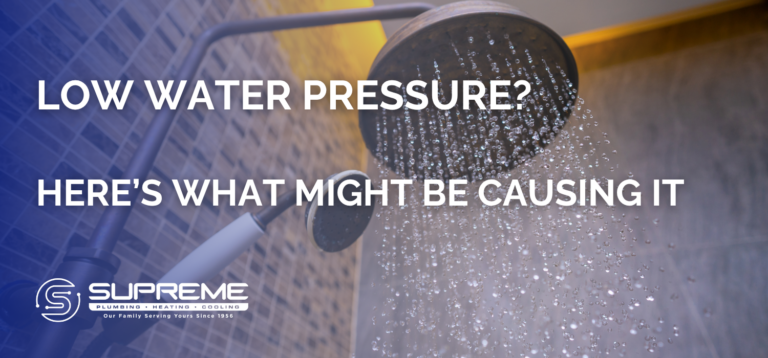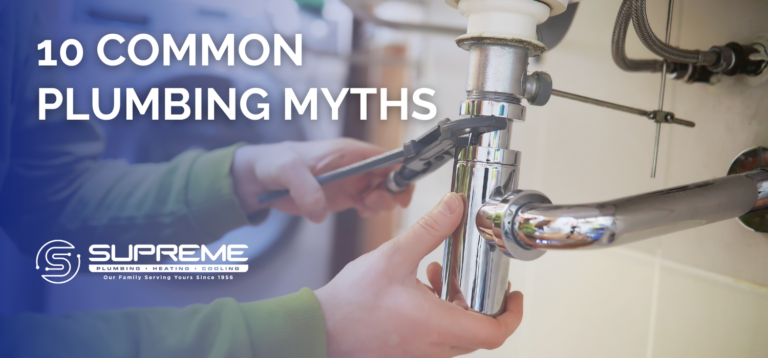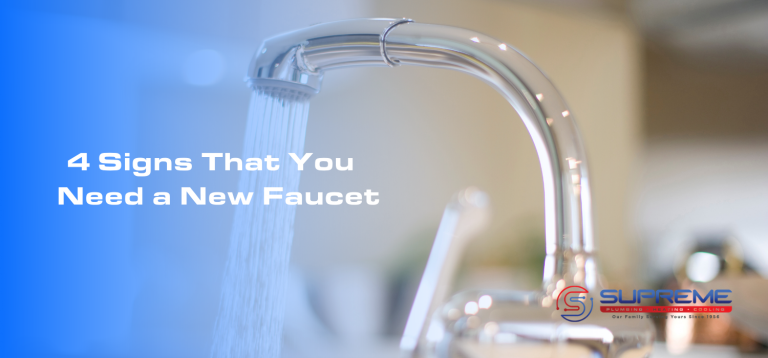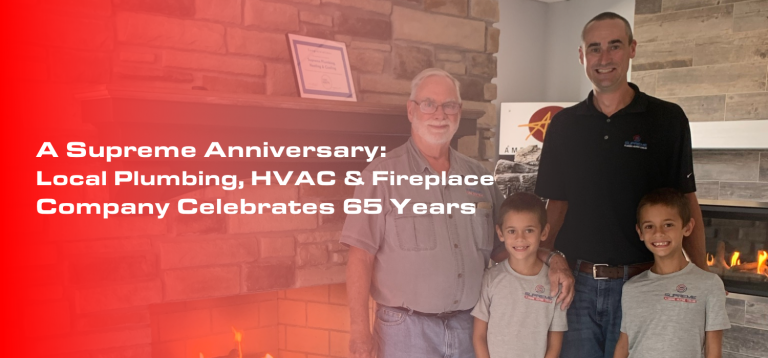If you’ve ever noticed a chalky film on your faucet or felt like your water pressure just isn’t what it used to be, you might be dealing with hard water. But don’t worry! Understanding hard water and its impact on your plumbing is the first step to tackling those pesky issues.
What is Hard Water?
So, what exactly is hard water? It’s water that has a high concentration of minerals, mainly calcium and magnesium. These minerals come from the ground as water flows through soil and rocks. While hard water is safe to drink and use, it can cause some headaches for your plumbing if you don’t keep an eye on it.
Damage Caused by Hard Water
If left untreated, hard water can really start to mess with your plumbing:
- Mineral Buildup: Over time, those minerals in hard water can accumulate, forming limescale. You might start to see this on your faucets and showerheads, making them look a bit grimy. Plus, it can reduce water flow and pressure. Regularly cleaning and checking your fixtures can help keep them clear, but the best long-term solution is to tackle the hard water at its source.
- Appliance Wear: Your appliances, like dishwashers and washing machines, aren’t fans of hard water either. They can develop mineral deposits, which means they might not work as efficiently and could wear out faster.
- Corrosion: The minerals can even react with the metal in your pipes, leading to corrosion. This not only damages your plumbing but can also cause leaks, which can lead to a mess you definitely don't want to deal with.
- Stains and Spots: Ever noticed those icky stains on your sinks or tub? Yep, that’s probably hard water too. It can leave behind a chalky residue that’s not just annoying to clean but also looks unpleasant.
Signs You Have Hard Water
Wondering if hard water is causing problems in your home? Here are some signs to watch for:
- White, Chalky Residue: If your dishes or fixtures have a cloudy film, hard water is likely the cause. This residue can build up not only on dishes but also inside appliances.
- Reduced Water Pressure: Lower water pressure can be frustrating. If it feels like your faucets aren’t working properly, check for mineral buildup in your pipes.
- Dry Skin and Hair: Does your skin feel drier than usual after a shower? Hard water can strip away moisture, so if you notice your skin or hair feeling rough, hard water might be to blame.
- Soap Scum: If your soap isn’t lathering like it used to or you’re seeing soap scum build-up, hard water might be getting in the way of your cleaning routine.
- Spotted Dishware: Hard water often leaves spots on dishes and glassware.
- Bad Tasting Tap Water: If the taste of your tap water feels off (slight metallic or mineral taste), it’s worth checking if hard water is at play.
Solutions for Dealing with Hard Water
The good news is that you don’t have to live with hard water headaches! Here are some effective solutions to get your plumbing back on track:
- Water Softeners: A water softener system is one of the best defenses against hard water. It works by replacing calcium and magnesium with sodium, which means softer water for your home and less mineral buildup in your plumbing.
- Vinegar Rinses: For those minor buildups, a vinegar soak can do wonders! Just soak your faucets and showerheads to dissolve those pesky deposits.
- Routine Maintenance: At Supreme PHC, we’re here to help! Scheduling regular plumbing maintenance can help catch hard water issues before they turn into bigger problems.
Professional Help for Hard Water Problems
If hard water is causing persistent issues, don’t hesitate to reach out! At Supreme PHC, we’re here to make sure your plumbing flows smoothly and your home stays comfortable. Hard water is manageable and with the right solutions and support, you can better enjoy your water at home.

